For over a century, Aunt Jemima was one of America’s most recognizable brands, associated with pancake mixes and syrups. However, behind the smiling face on the packaging lay a history deeply intertwined with racial stereotypes and evolving conversations about race, representation, and marketing.
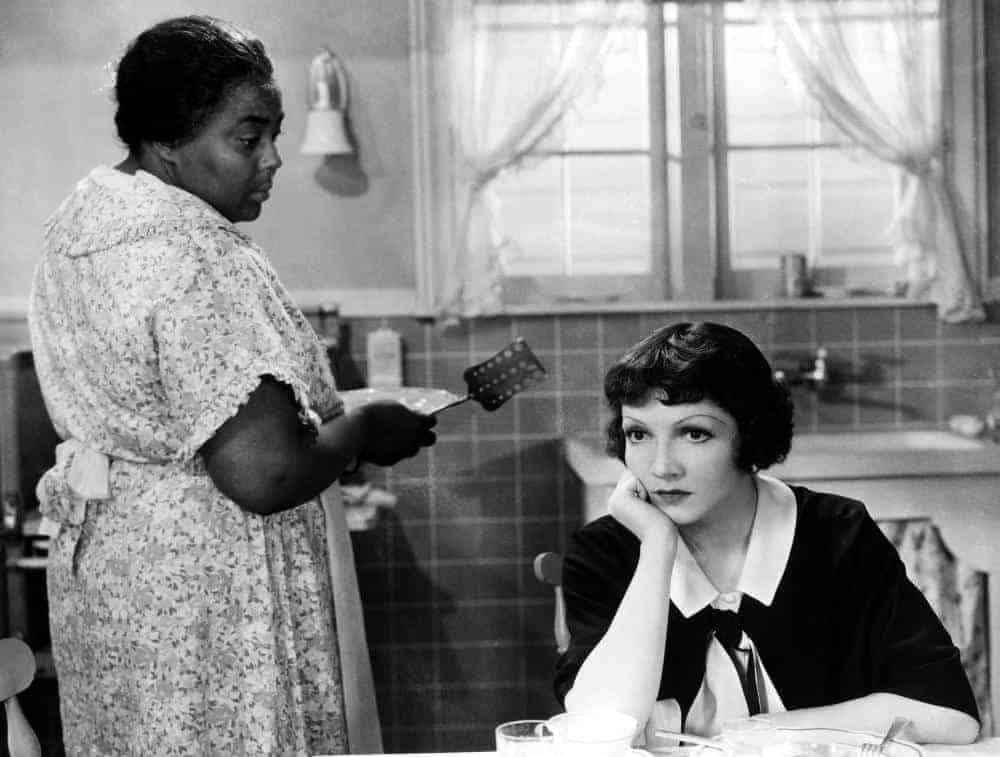
Origins of Aunt Jemima
The character of Aunt Jemima was born out of minstrel shows in the late 19th century, where white performers in blackface portrayed exaggerated caricatures of Black people for entertainment. The name “Aunt Jemima” first appeared in a song performed in vaudeville in 1875.
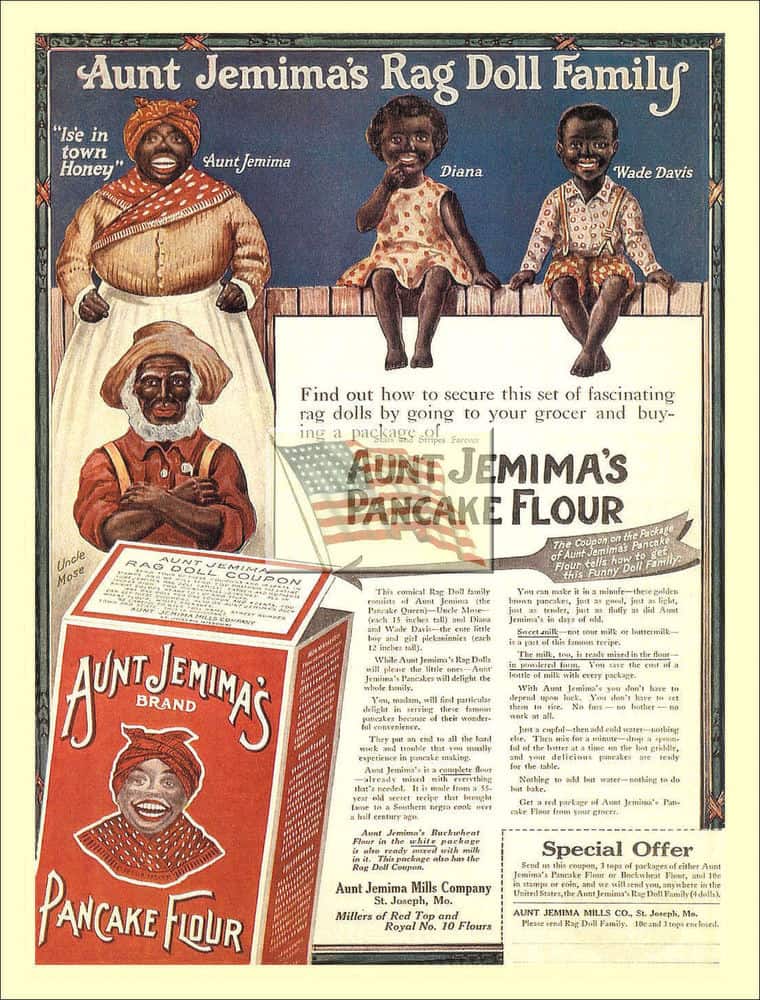
In 1889, entrepreneurs Chris Rutt and Charles Underwood created the first ready-mixed, self-rising pancake flour. They adopted “Aunt Jemima” as their brand, inspired by the minstrel song, and hired Nancy Green, a Black woman, to portray the character at the 1893 World’s Columbian Exposition in Chicago. Green, born into slavery, became the face of the brand, cooking pancakes and telling stories in costume. Her performance was popular and helped establish the brand’s image.
The Mammy Stereotype
The image of Aunt Jemima was modeled after the “mammy” stereotype—a Black woman depicted as loyal, subservient, and content in domestic roles, particularly in white households. Over the decades, advertising reinforced this stereotype, showing Aunt Jemima as a cheerful cook and caretaker.
For many, Aunt Jemima became a symbol of comfort and nostalgia. For others, she was a painful reminder of racist imagery and the legacy of slavery and segregation.
Brand Evolution and Criticism
By the mid-20th century, civil rights movements began to challenge racist portrayals in media and marketing. The character of Aunt Jemima gradually changed: her kerchief was removed, her clothing modernized, and she was depicted more as a businesswoman than a servant. Despite these updates, criticism persisted that the brand’s origins and imagery remained rooted in racist stereotypes.
The Decision to Retire Aunt Jemima
In 2020, following the widespread protests for racial justice sparked by the murder of George Floyd, companies across industries faced renewed scrutiny of racially insensitive branding. In June 2020, Quaker Oats, the company that owned Aunt Jemima (and itself a subsidiary of PepsiCo), announced it would retire the Aunt Jemima brand entirely.
Quaker acknowledged that “Aunt Jemima’s origins are based on a racial stereotype,” and committed to developing a new brand identity. In February 2021, they revealed the replacement name: Pearl Milling Company—the name of the original mill in St. Joseph, Missouri, where the pancake mix was first created in 1888.
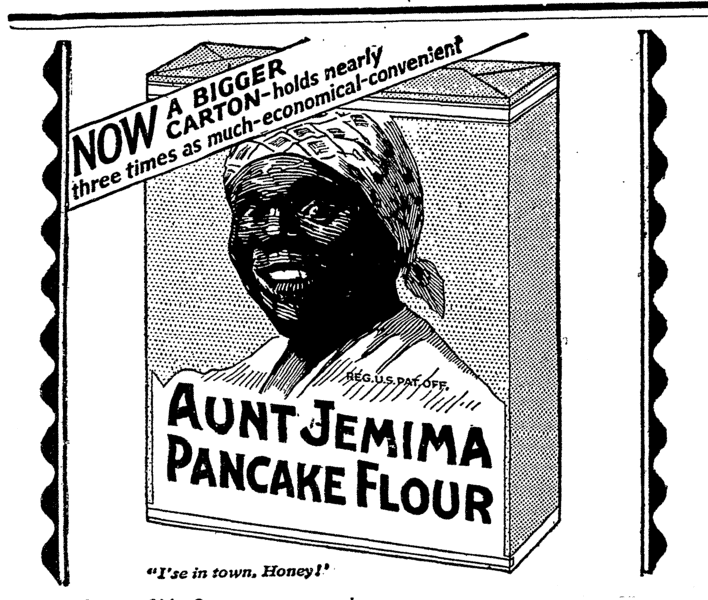
Legacy and Reflection
The story of Aunt Jemima is more than a tale of a breakfast brand. It reflects how marketing, culture, and race intersect in American history. The retirement of the Aunt Jemima name was praised by some as a step toward racial reckoning, while others saw it as erasing a familiar piece of American cultural heritage.
Ultimately, the evolution of Aunt Jemima underscores the power of imagery, the consequences of stereotypes, and the ongoing journey toward a more inclusive and accurate representation in media and branding.
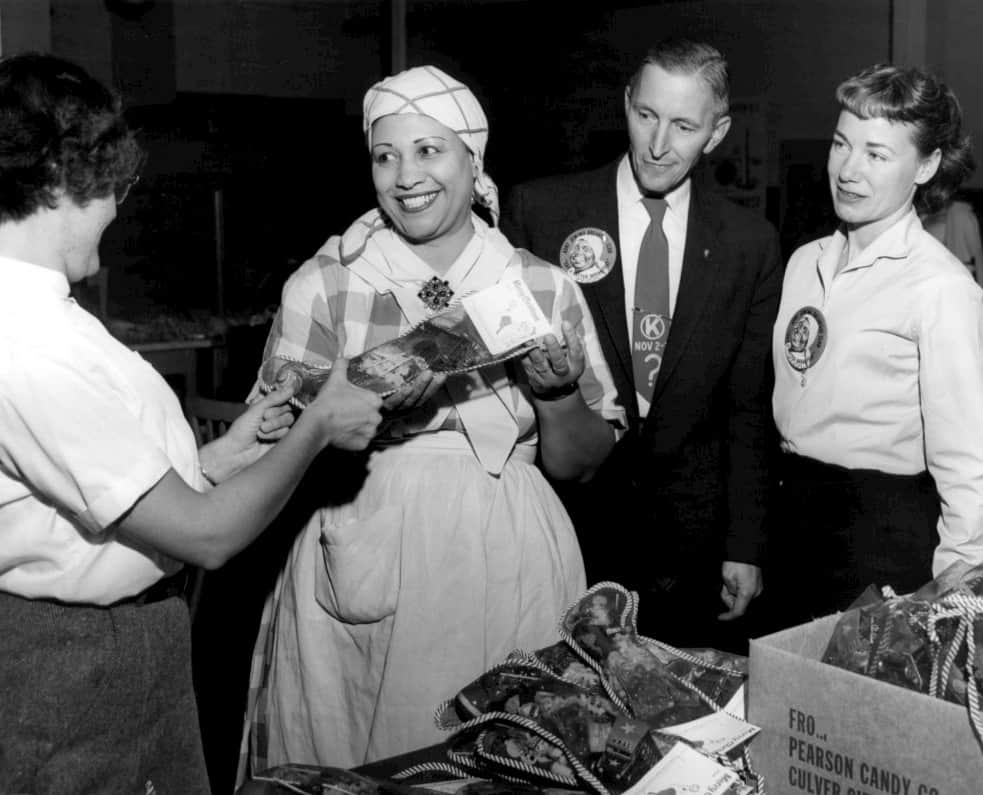
Sources:
- Quaker Oats Company official statements
- Smithsonian National Museum of African American History and Culture
- “Slave in a Box: The Strange Career of Aunt Jemima” by M.M. Manring
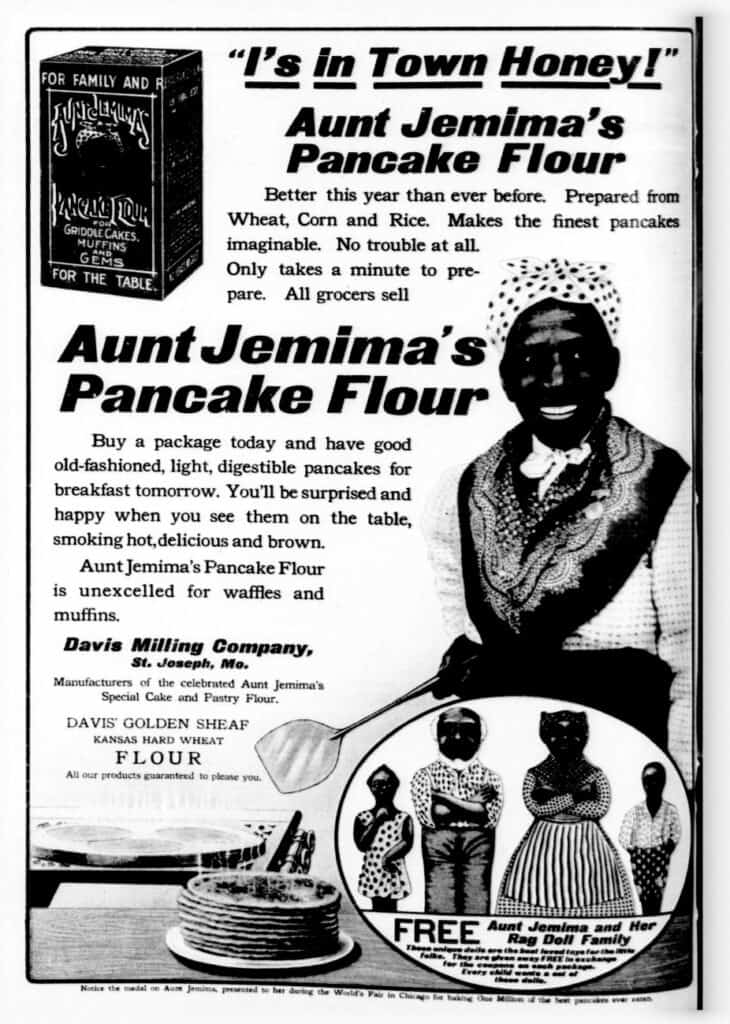
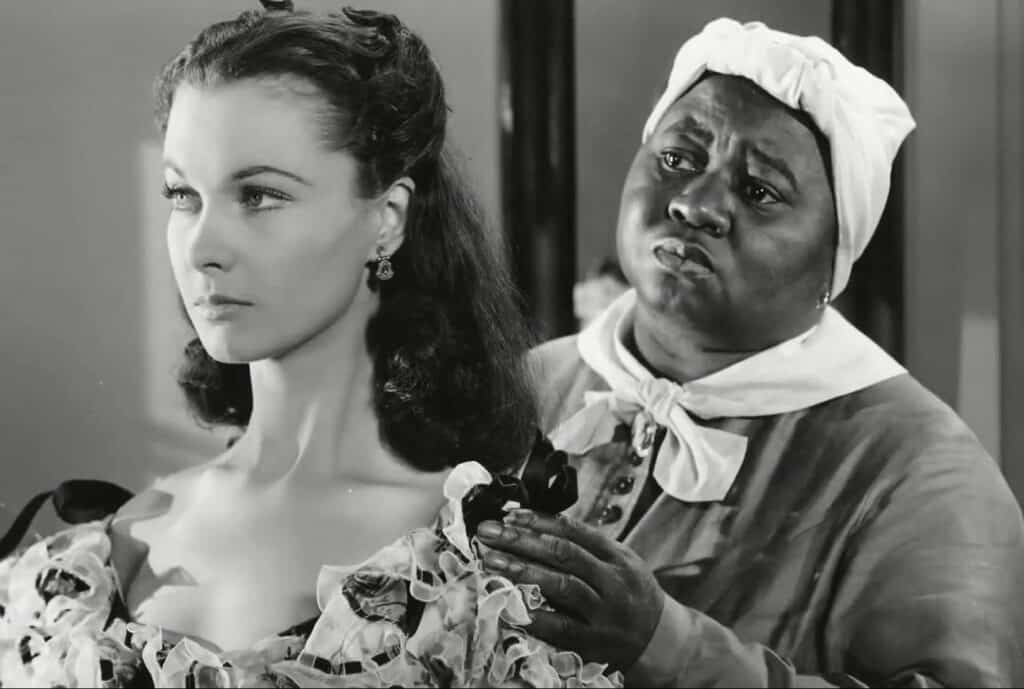
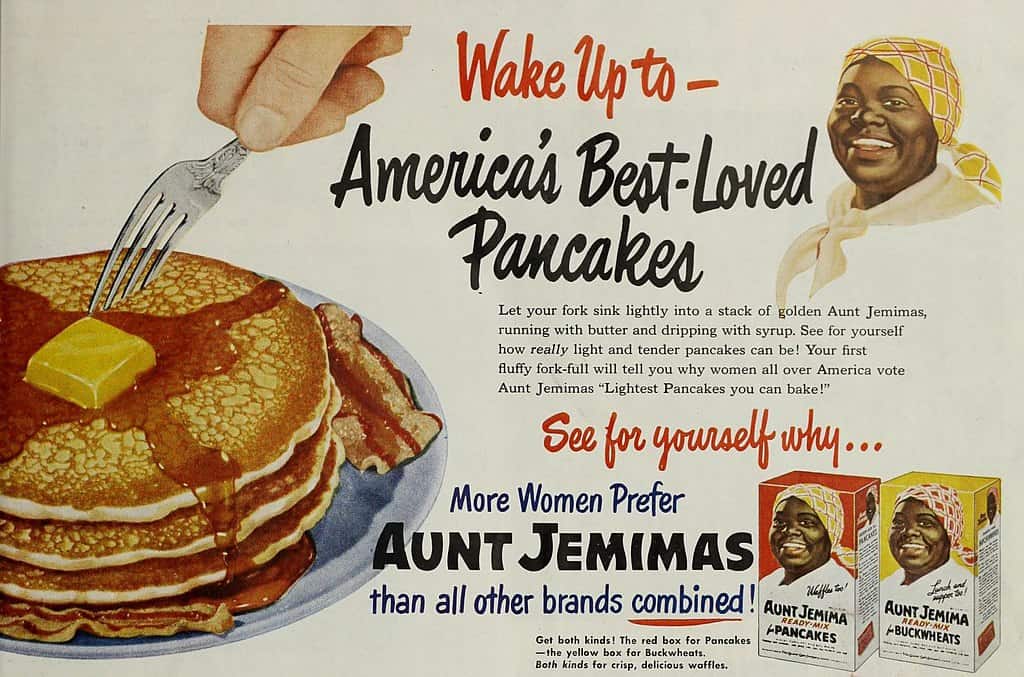


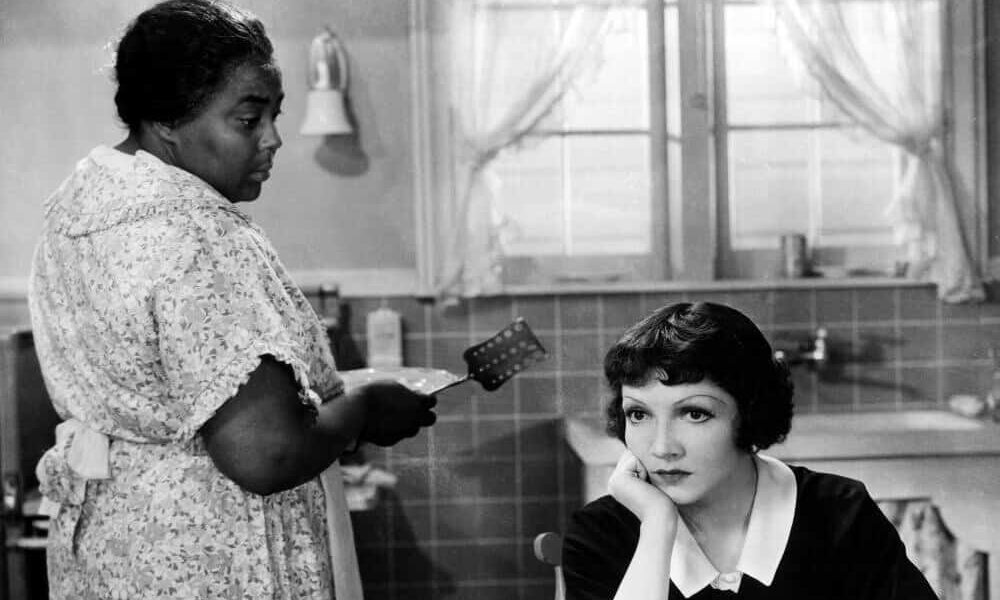

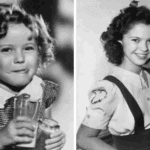


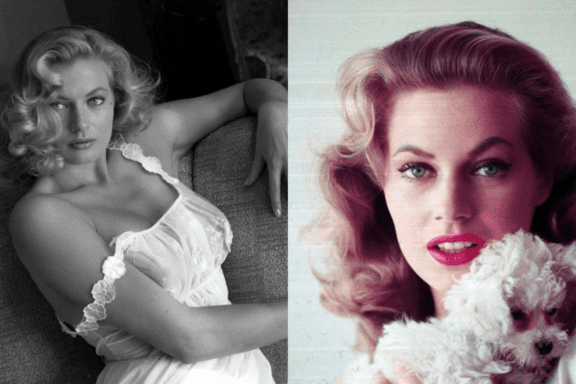
No Comments